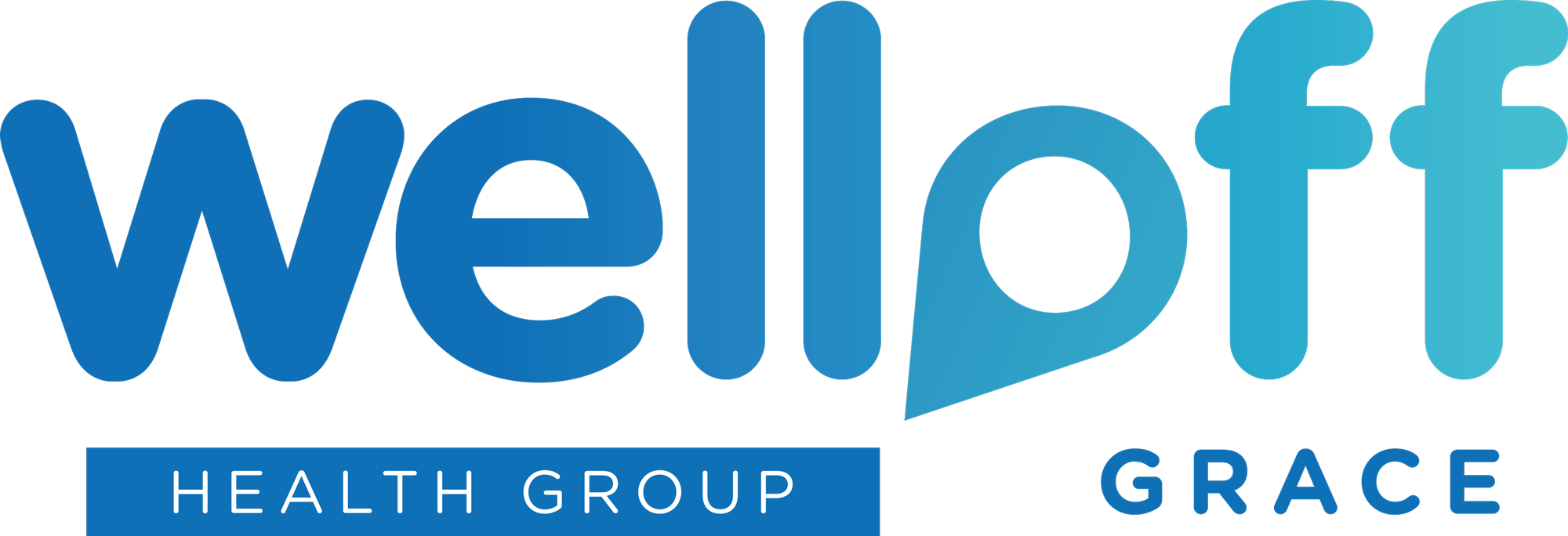One of the most frequently asked questions when someone has surgery is how long the recovery will take. The answer to this question is complex and almost always specific to the individual and the type of procedure performed. There are many variables that determine how long recovery takes; it can take anywhere from one day to months for the patient to feel as they did before surgery.
Type of Surgery
The type of surgery performed has a big impact on how long recovery will take. For example, we can expect an open heart surgery where the sternum (breastbone) is split in two to take at least six weeks for the first phase of recovery. Open heart procedures are very serious and may require cardiac rehabilitation afterwards to ensure the best possible recovery. The incision is large and passes through many layers of tissue and even bone. As a result, recovery from this procedure is expected to take months, not weeks.
Compare this procedure with tonsillectomy, where the incisions are very small and there is no external incision because the surgeon works through the patient’s mouth. During the recovery period, cold liquids should be consumed for a day or two and then soft foods for a few days, but most patients return to normal activities within a week or at most two weeks.
You can expect minimally invasive procedures to have a shorter recovery time, as the incisions are usually very small and less tissue is cut by these incisions. Open procedures, which are surgeries using larger incisions, will in most cases take longer. For example, a sleeve gastrectomy performed using the minimally invasive laparoscopic technique will typically result in a shorter recovery than a sleeve gastrectomy performed using the open technique. This is one reason why the laparoscopic technique is often preferred by physicians and patients when available.
Patient Age
Age has an impact on recovery. The general rule is that younger patients recover faster after a procedure compared to older patients undergoing the same surgery. However, a healthy elderly patient can certainly recover faster than a very sick young patient. A young person undergoing the same surgery as an older patient can be expected to recover more quickly, but nothing is certain. Two patients who are chronologically the same age can be very different ages when comparing their health history and the general “wear and tear” on their bodies.
General condition of the patient
The general health of the patient has a lot to do with the healing process. There are many variables that affect the ability to recover quickly, such as the presence of diabetes and the patient’s smoking history.
A patient undergoing surgery with a complex medical history is unlikely to recover as quickly as a patient undergoing the same surgery with no medical history.
A patient who smokes is more likely to have scarring and delayed wound healing, while a diabetic surgical patient is at higher risk of post-operative infections. These play a role in how healing will proceed. The patient can speed up the healing process by quitting smoking, and the diabetic patient can support healing by keeping blood sugar levels under good control, so it is possible to manage these problems before and after surgery.
Willingness to Heal
The patient who is committed to healing to the best of his or her ability and is willing to do what needs to be done in terms of rehabilitation, dietary changes, smoking cessation, wound care or the like will recover faster than the patient who does not pursue the goal of recovery in any meaningful way. The patient who follows the surgeon’s instructions, eats healthy and tries to maintain their health is likely to recover more quickly. This includes following instructions to “take it easy” rather than skipping activities.
Complications
Complications: This is the word every surgery patient dreads, but unfortunately for some patients it is a reality. There are many expected and unexpected problems that can slow healing. Quickly identifying complications such as wound infection can make a big difference in how much they will affect the healing process.
Is Full Recovery Possible?
Is a full recovery possible or reasonable? What exactly is a full recovery? The idea of a full recovery is often understood as functioning as well or better than before surgery. This expectation may not be reasonable, a better definition would be to achieve the best possible level of functioning after surgery.
Estimating Recovery Times
Your surgeon is the only person who can most accurately predict how long your recovery will take. They are familiar with the current state of your health, the details of the procedure, your age and all other factors that will determine your recovery time. Nevertheless, this time frame is an estimate, the most likely scenario based on what is known about your health and practical experience. Unforeseen complications will prolong the time needed to fully recover after surgery.
